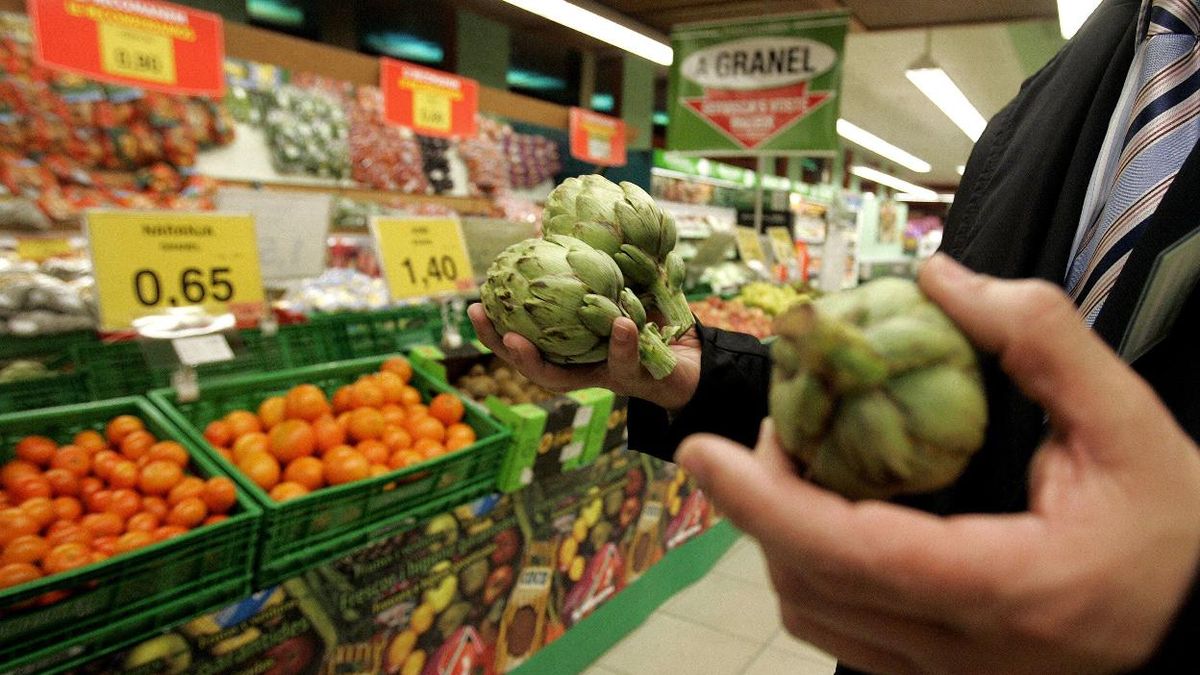“It is a pioneering legal instrument to prevent inefficiency” throughout the food chain, from production to the consumer, which entails economic losses and an environmental impact, announced the Minister of Food, Luis Planas, at a press conference after a council of ministers.
“In a world where, unfortunately, hunger and malnutrition still exist, obviously this issue hits everyone’s conscience,” said the minister.
The project, which must be debated in Congress, seeks to reduce the 1.36 million tons of food and drinks that Spaniards throw away each year, which means a loss of 250 euros ($266) per person, according to government figures.
In the case of supermarkets and restaurants, they will have to establish mechanisms to donate leftover food to NGOs and food banks.
If they are no longer suitable for human consumption, they must transform them into other products such as juices or jams, or, ultimately, ensure that they are suitable for animal consumption or compost.
To avoid waste, restaurants must provide their customers with free containers to take away leftovers, a practice that is not widespread in Spain.
The project provides for fines for non-compliance with the regulations, ranging from 2,001 to 60,000 euros ($2,130 to $64,000).
Despite this, Luis Planas stressed that this “is not intended to be an interventionist law”, but rather “awareness raising”.
Hence, there will be no sanctions for households, which will be the target of educational campaigns throughout Spain.
Other European countries like Italy Y France they have already adopted laws against food waste in recent years.
The European Union (EU) committed by 2030, following the UN goals, to halving food waste from both businesses and consumers.
Source: Ambito
David William is a talented author who has made a name for himself in the world of writing. He is a professional author who writes on a wide range of topics, from general interest to opinion news. David is currently working as a writer at 24 hours worlds where he brings his unique perspective and in-depth research to his articles, making them both informative and engaging.




